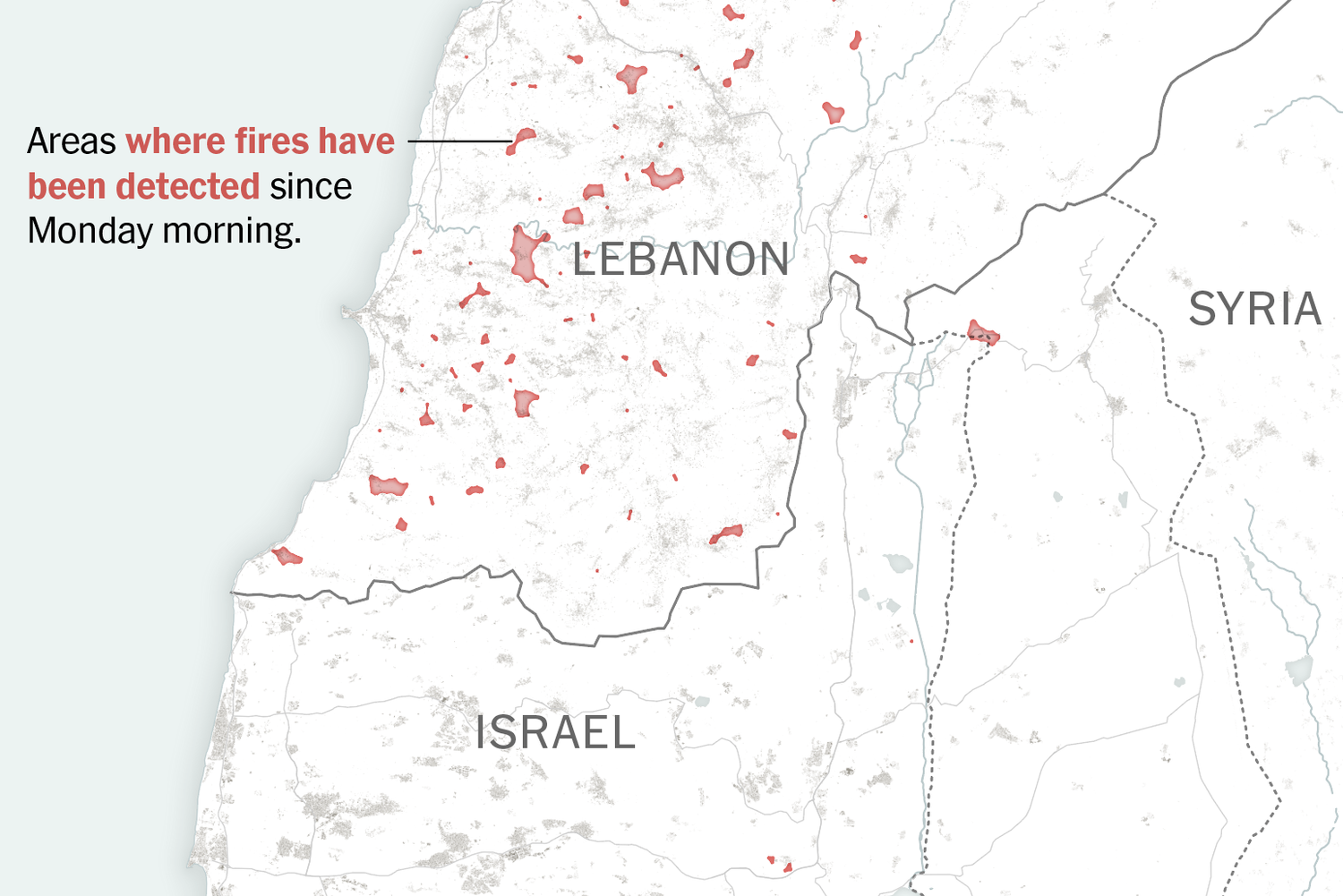Iran’s Supreme Council of Cyberspace (SCC) has issued a new directive aimed at further restricting internet access and steering users towards local platforms. Here’s a breakdown of the key points:
VPN Ban:
- Using VPNs, previously illegal to buy or sell, is now entirely banned, even for non-commercial use. However, this may only apply to government entities, not the general public.
Incentivizing Local Platforms:
- The government plans to incentivize content creators and businesses on foreign platforms to move to local alternatives.
- The goal is to bring half of their target audience to local platforms within six months, although the method remains unclear.
Restrictions on Advertising and Government Services:
- Advertising on foreign platforms is illegal for all legal entities.
- The government will offer essential services exclusively on local platforms, with two initial offerings within six months.
Access to “Useful” Foreign Services:
- The government will explore ways to offer access to “useful” foreign services in “governable formats,” possibly through negotiations or local platform “shells.”
- However, past experiences with such shells raise privacy concerns as they expose user data.
Overall Impact:
- These measures aim to further constrain internet access in Iran, limit reliance on foreign platforms, and promote local alternatives.
- The success of these initiatives remains uncertain, and potential privacy risks associated with local “shells” raise concerns.
















